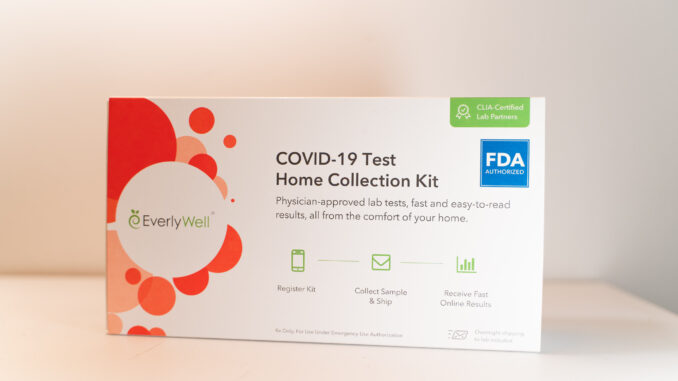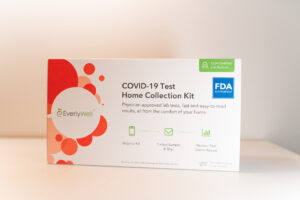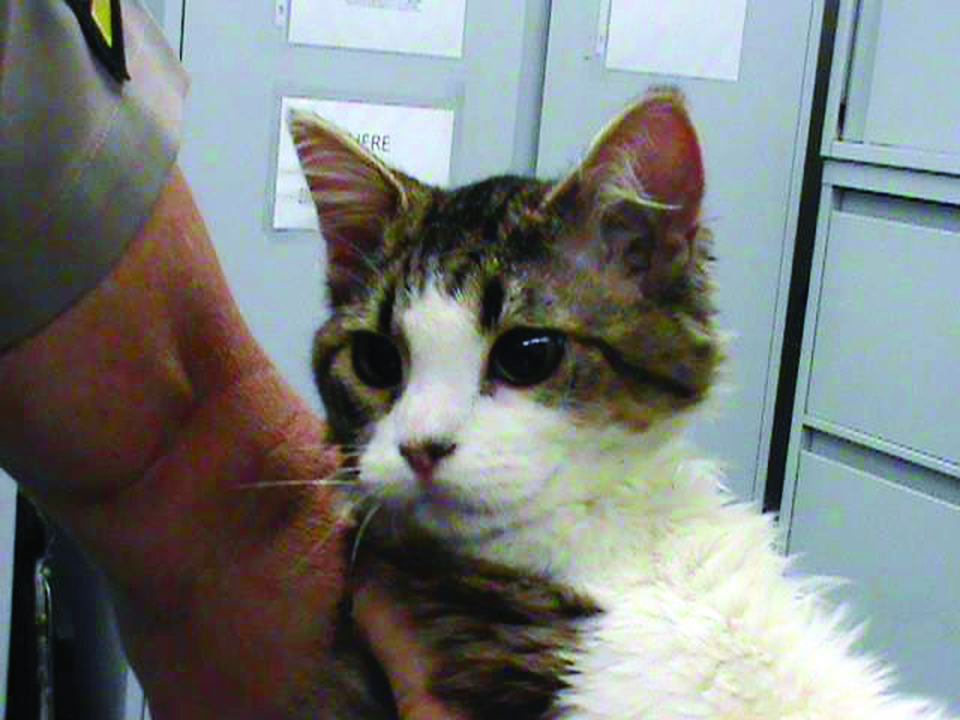
Zoe Stratos | Staff Writer
01/21/2021

For the past few weeks, emails have been flooding student inboxes with the same sender: Everlywell. In these emails, the company has been asking students to return their Everlywell testing kits before arriving on campus for the spring semester; and more importantly, Everlywell has become a pivotal role in providing safety for Duquesne’s students and other students across the nation.
Although used for COVID-19 testing at Duquesne and other universities, Everlywell has been around much longer with various kinds of testing kits. In 2017, Everlywell CEO Julia Cheek took her product to the popular ABC show, Shark Tank, and ended up making a deal with one of the sharks.
On the show, she explained that her mail-order kits allow for lab testing “to be simple, convenient and useful for you.” Ranging from STD tests to food sensitivity tests, Everlywell has it all — and COVID-19 testing was recently added to the list.
“The university’s Health and Safety Task Force learned about Everlywell from its work [and] researching what other colleges and universities were doing for testing,” said Gabriel Welsch, a spokesperson for the university. “Everlywell is a nationally known and respected provider of at-home medical and health testing kits for a variety of purposes.”
Everlywell’s COVID-19 testing kit is an FDA-authorized self-testing method that provides lab results in a matter of days. Testing done at Duquesne prior to winter break was highly successful, according to Welsch, with a majority coming back negative. The hope is that this round of testing yields similar results.
“I enjoyed the Everlywell self-testing method because I could do it from home and it was so simple,” said junior Rose Le Ber. “The instructions were simple and the video they provided made it even easier. I took my test on Jan. 13 and got my results on Jan. 14; it was so quick.”
And quick is exactly what Duquesne and other universities are looking for during the pandemic. Everlywell’s return time ranges from 24 to 72 hours.
“The other most common approach is to have students move back and test while remaining quarantined in rooms for 10 days,” said Welsch. “Because of Duquesne’s active clinical students in health professions and science environments, the fact that Division I athletics is playing, and other factors, such a quarantine for all students would not have been possible. This mode was the more effective approach.”
This more effective approach, poses issues such as compliance and logistics, but Duquesne is prepared to protect the safety of its students and faculty upon arrival and throughout the spring semester, according to Welsch.
“For those resident students who did not receive an Everlywell test in time — or could not, in the case of international students — Duquesne created a few backup options, including rapid tests upon arrival, so that students with negative results could still proceed with moving in and attending classes,” Welsch said. “Because the university is operating in hybrid mode again this semester, those commuter students who do not receive test results in time for classes will not be able to attend in person but will be able to attend virtually. Those students will also follow quarantine protocols until their test results arrive.”
One of the major changes to Duquesne’s efforts to combat COVID-19 is the addition of surveillance testing for students and faculty every two weeks, according to Welsch. Like the Everlywell tests, it will be provided by the University at no cost and will take place in the Genesius Theater on campus.
The university also expects students to take the Protect Duquesne Pledge, wear masks and social distance, remain with PODS, perform daily self screenings and follow other CDC guidelines just as they did during the fall semester.
“A lot of the guidelines put in place work really well, but some I feel can be reworked. I didn’t understand why only one person could sit at a table in the library and couldn’t sit with people we were roommates with,” Le Ber said. “But students should be smart about who they’re hanging out with and where they’re going. Just wear a mask and use common sense.”
Although seemingly far off, the university is already beginning plans for Easter break — but nothing concrete yet.
“Easter break will remain in place in order to provide students a well-deserved break during the semester and so the campus can observe this important Holy Day for Catholics and others. However, it is highly likely the university will still have travel restrictions in place at that time and it recommends that students avoid booking travel for that period,” Welsch said.



